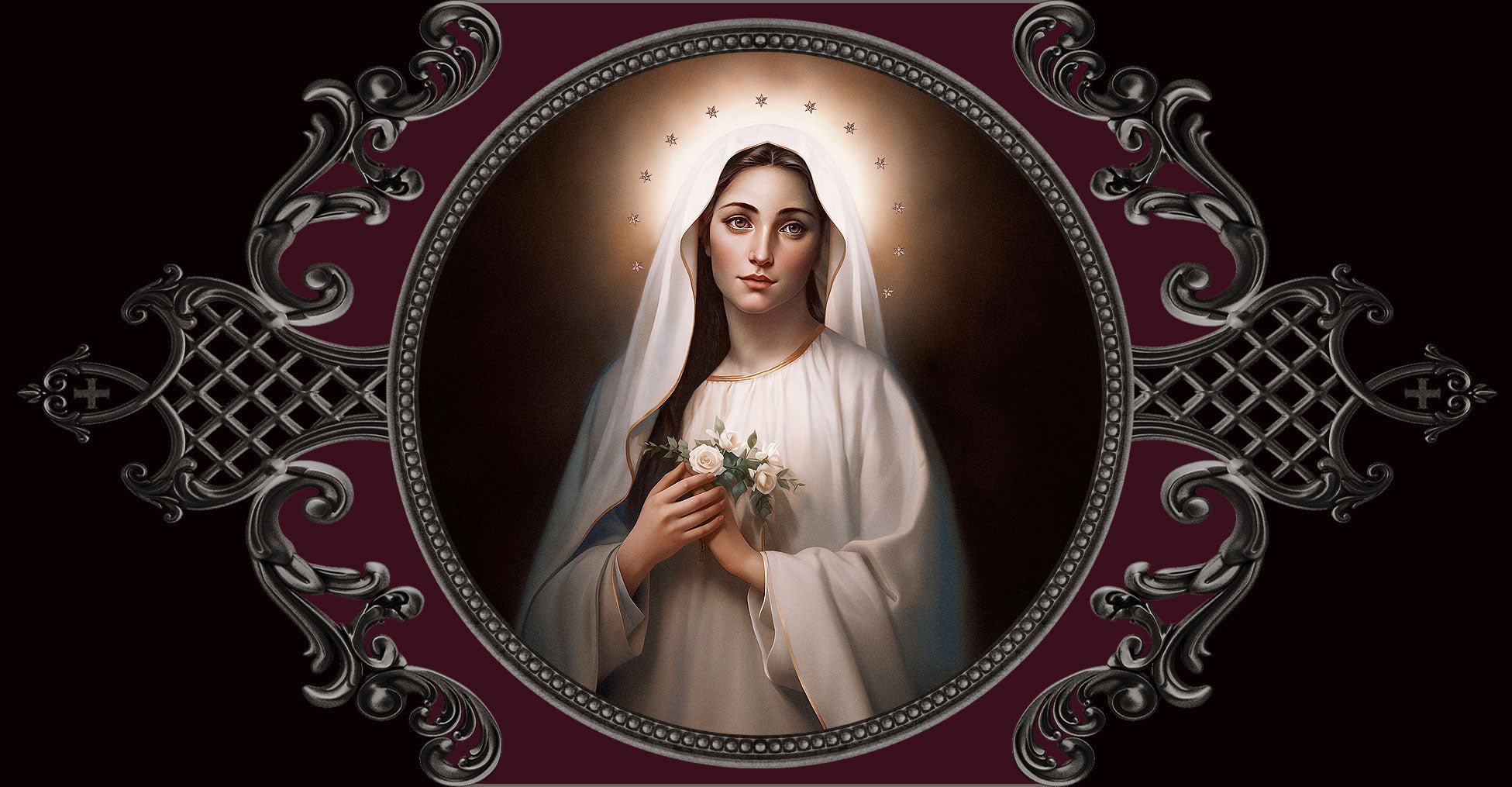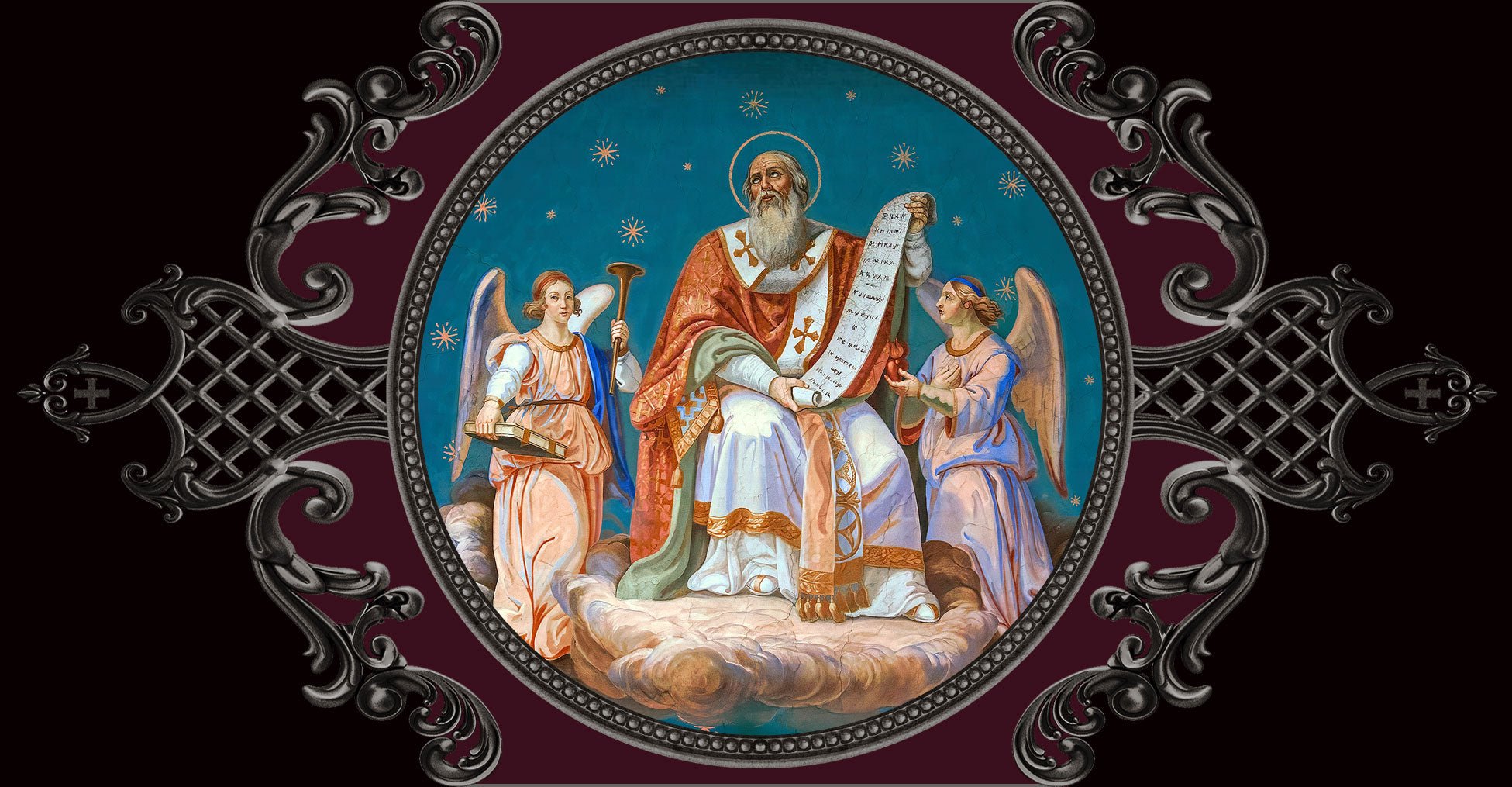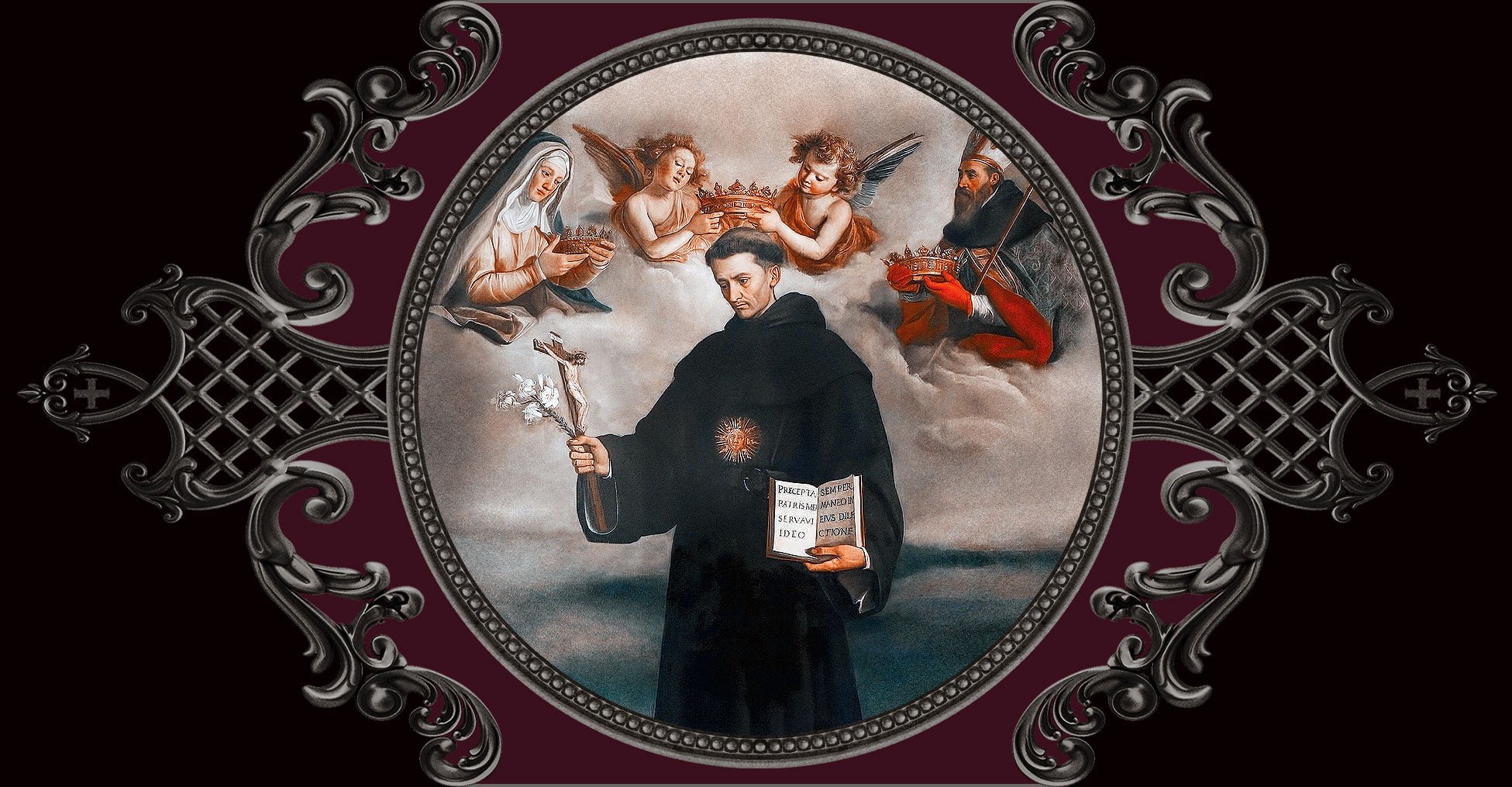
September 12 + The Most Holy Name of the Blessed Virgin Mary
The Feast of the Most Holy Name of the Blessed Virgin Mary has been a universal Roman Rite feast since 1684, when Pope Innocent XI included it in the General Roman Calendar to commemorate the victory at the Battle of Vienna in 1683.
In 1683, John Sobieski, King of Poland, brought an army to the outskirts of Vienna to stop the advancement of Muslim armies loyal to Mohammed IV of Constantinople. After Sobieski entrusted himself to the Blessed Virgin Mary, he and his soldiers thoroughly defeated the Muslims. The King celebrated the victory and Pope Innocent XI extended this celebration to the entire Church.
It was removed from the Church calendar in the liturgical reform following Vatican II but restored by Pope John Paul II in 2002, along with the Feast of the Holy Name of Jesus.
Mary always points us to God, reminding us of God’s infinite goodness, mercy and love. She helps us to open our hearts to God’s will and ways, wherever those may lead us. Honored under the title “Queen of Peace,” Mary encourages us to cooperate with Jesus in building peace based on justice — a peace that respects the fundamental human rights of all people.



Leave a comment
This site is protected by hCaptcha and the hCaptcha Privacy Policy and Terms of Service apply.